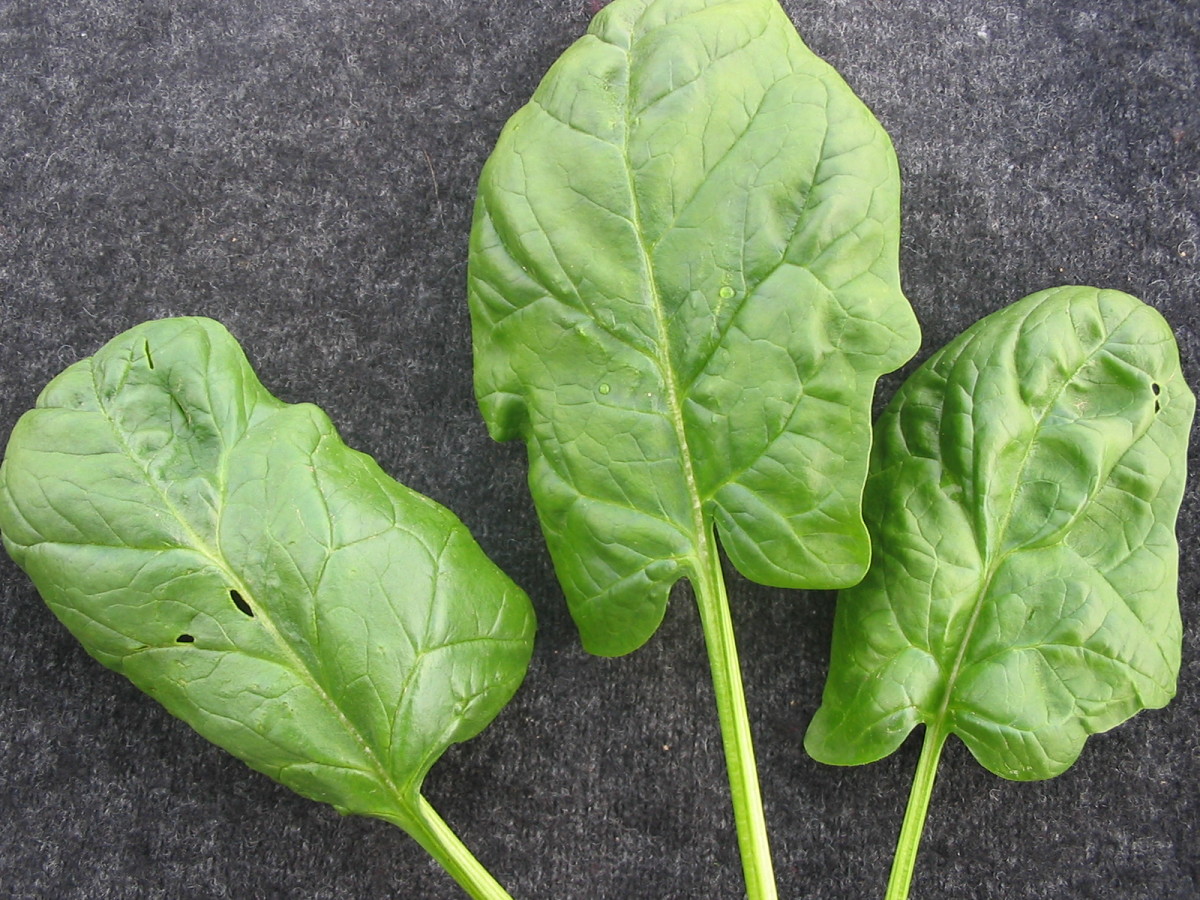(38 days) F-1 hybrid.
An outstanding performer for the fall crop and early winter, Olympia grows fast, producing enormous yields of mostly smooth leaves up to 5x6". Almost entirely lacking in oxalic-acid taste, the mild flavor is paired with lush texture. But Olympia can’t stand the heat and bolts quickly when planted in spring. Resistant to DM 1, 2, 3, 5, 8, 9, 11, 12, 14, possibly 16.
Supplier Transparency:
⑤ Multinational corporations who are engaged in genetic engineering





